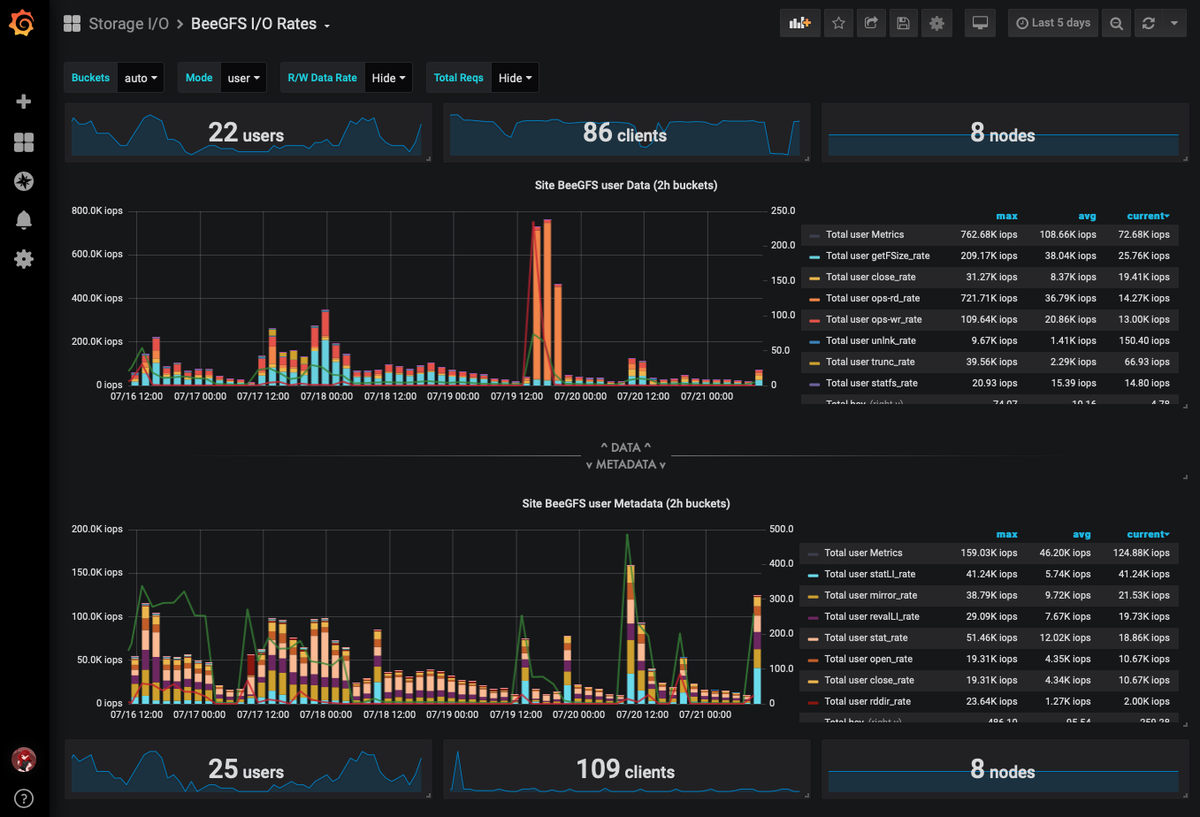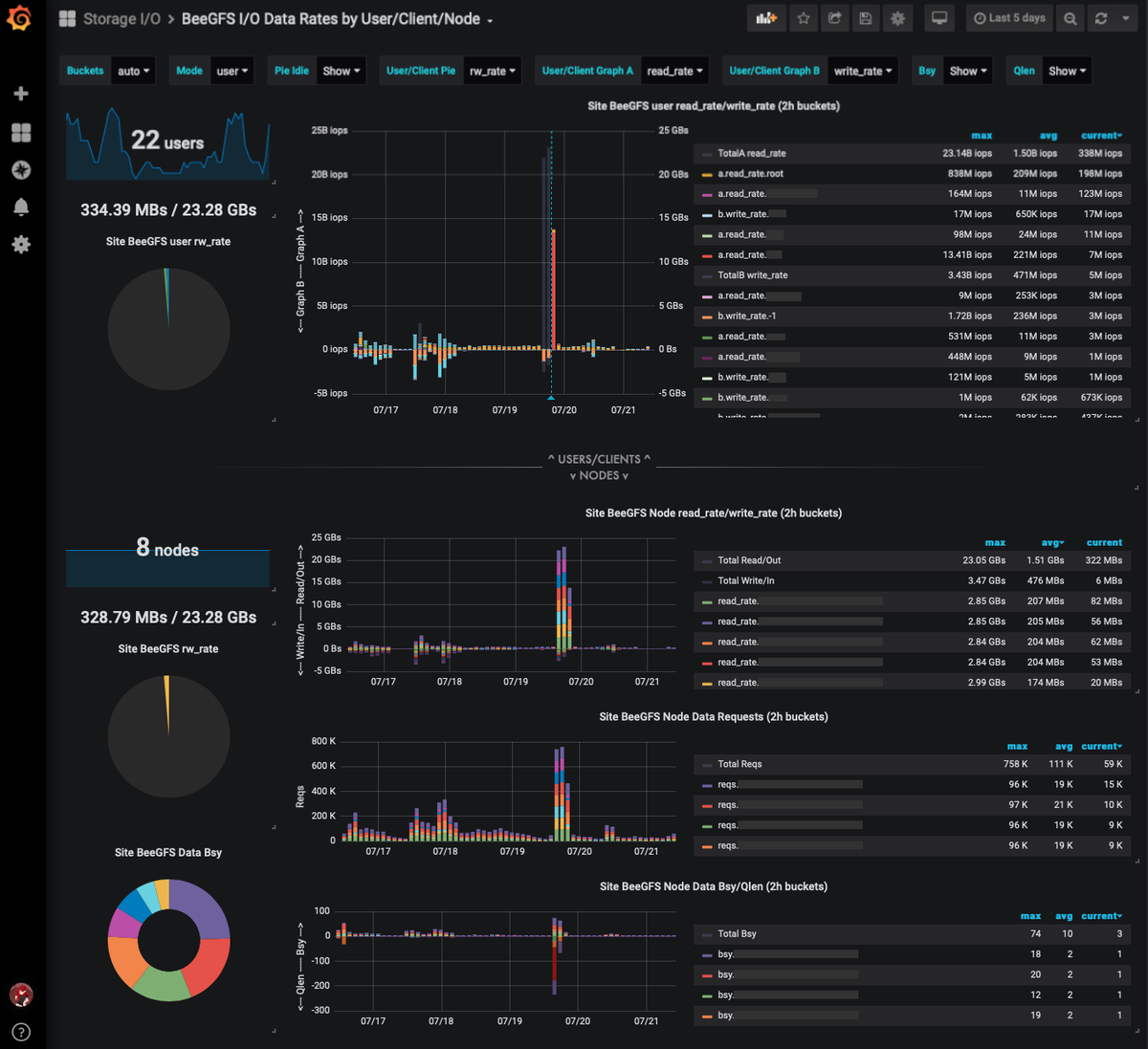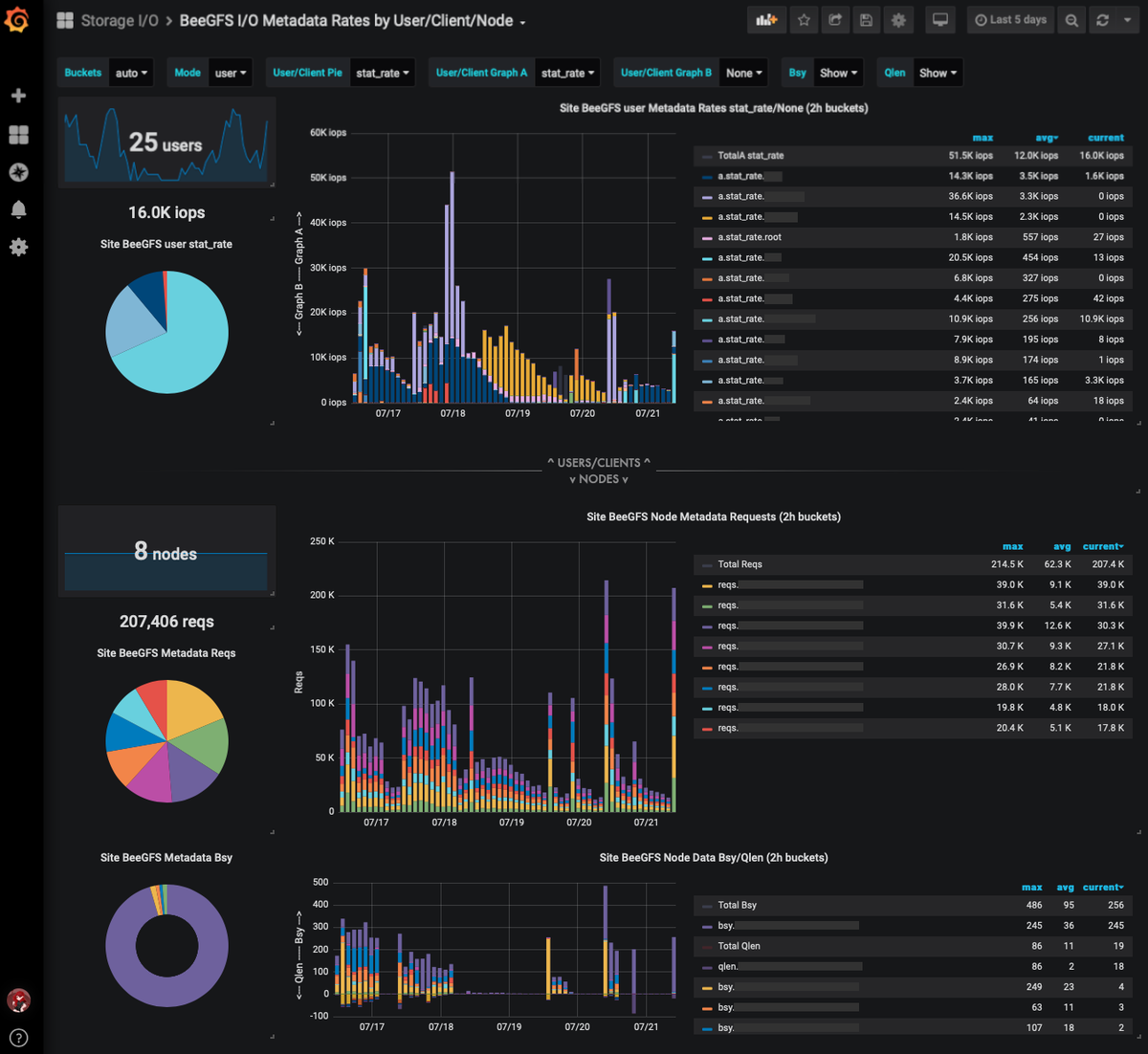Still interested in how a decades-old job scheduler might have contained the necessary bits to dethrone even future contenders?
Stick around and we'll see how Sun #GridEngine may just surprise you
github.com/gridengine/gri…
github.com/gridengine/gri…
We have the history thanks to Oracle and Univa for keeping it around
github.com/gridengine/gri…
gridscheduler.sourceforge.net/howto/tuning.h…
github.com/gridengine/gri…
github.com/gridengine/gri…
github.com/gridengine/gri…
github.com/gridengine/gri…
github.com/son-of-grideng…
We give them a pardon! We buy them a nice suit, give a hot meal, and a let them lose in the World and see what they can do.
Immediately it had solved the problem (expertly described to Dittel by Beadles in 2008).
But we turned out backs, and by the 3rd day it had vomited all over the place!
With Slurm, you'll start to feel the pinch at 10K+ pending jobs. With SGE (without JC_FILTER by Stephan Grell), you'll feel the pinch at 30K+ pending jobs.
SGE + JC_FILTER ...
No pinch at 300k pending jobs and we're still going









